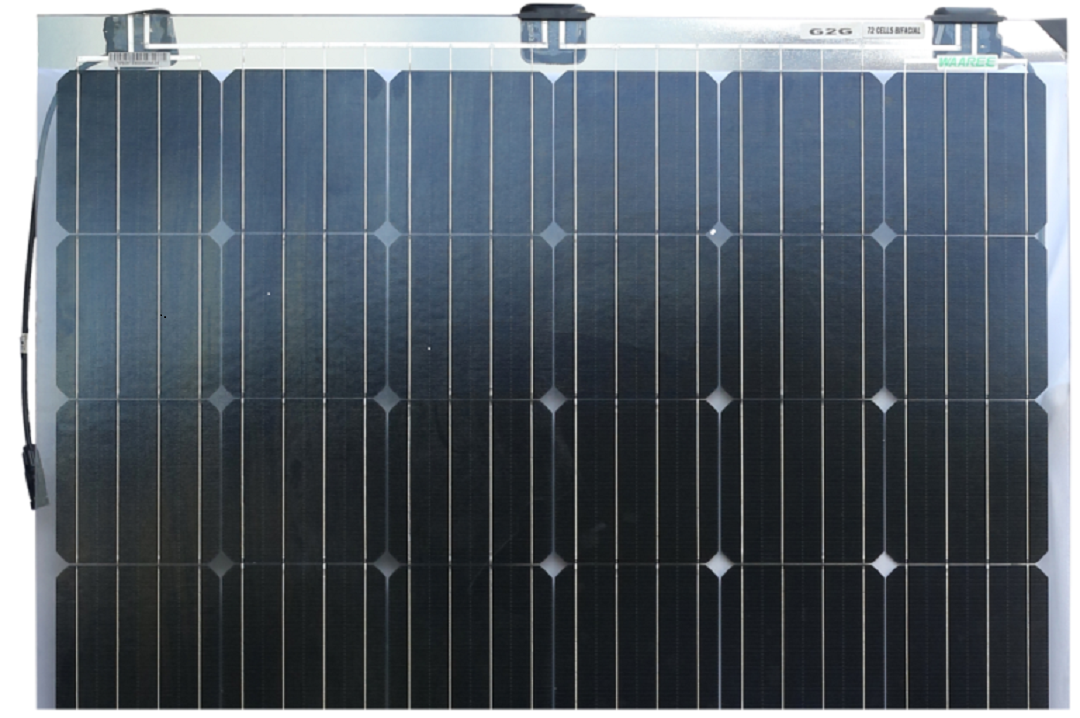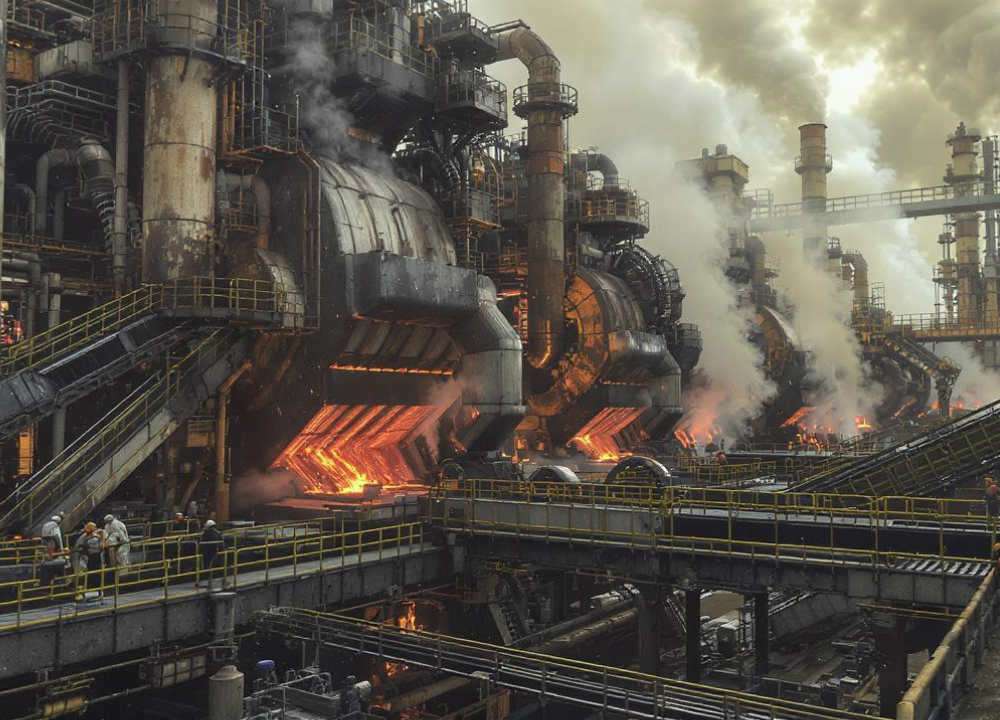Waaree Energies, a prominent Indian solar module manufacturer, has obtained accreditation from the National Accreditation Board for Testing and Calibration Laboratories (NABL) for its testing laboratory at the Chikhli facility in Gujarat. This marks the company’s second NABL-certified lab, following its Tumb manufacturing unit.
The accreditation validates the lab’s capacity to conduct more than 48 tests on solar modules, including thermal cycling, damp heat, and mechanical load tests, essential for ensuring that the modules meet global standards for safety, performance, and durability. Amit Paithankar, CEO of Waaree Energies, emphasized that this achievement enables the company to perform high-quality testing domestically, saving time, resources, and reducing dependence on overseas labs. He added, “This milestone strengthens our commitment to making India more self-sufficient in solar manufacturing and delivering reliable, efficient solar solutions.”
The Chikhli lab is equipped to carry out specialized tests and accelerated performance checks, ensuring that solar modules function optimally in various environmental conditions, further enhancing Waaree’s capacity to meet international demand and increase export potential. Waaree Energies is a leading player in India’s solar energy sector, known for its commitment to sustainable energy solutions.
Established in 1989, the company has grown to become one of the largest manufacturers of solar photovoltaic (PV) modules in the country, with a production capacity of over 2 GW annually. Waaree Energies offers a wide range of solar products, including modules, inverters, and storage solutions, catering to both residential and commercial markets.
The company is also involved in the development of solar power plants and provides end-to-end solutions from design and engineering to installation and maintenance. With a strong focus on quality and innovation, Waaree Energies has earned a reputation for delivering reliable and cost-effective solar solutions, contributing significantly to India’s transition toward renewable energy.








